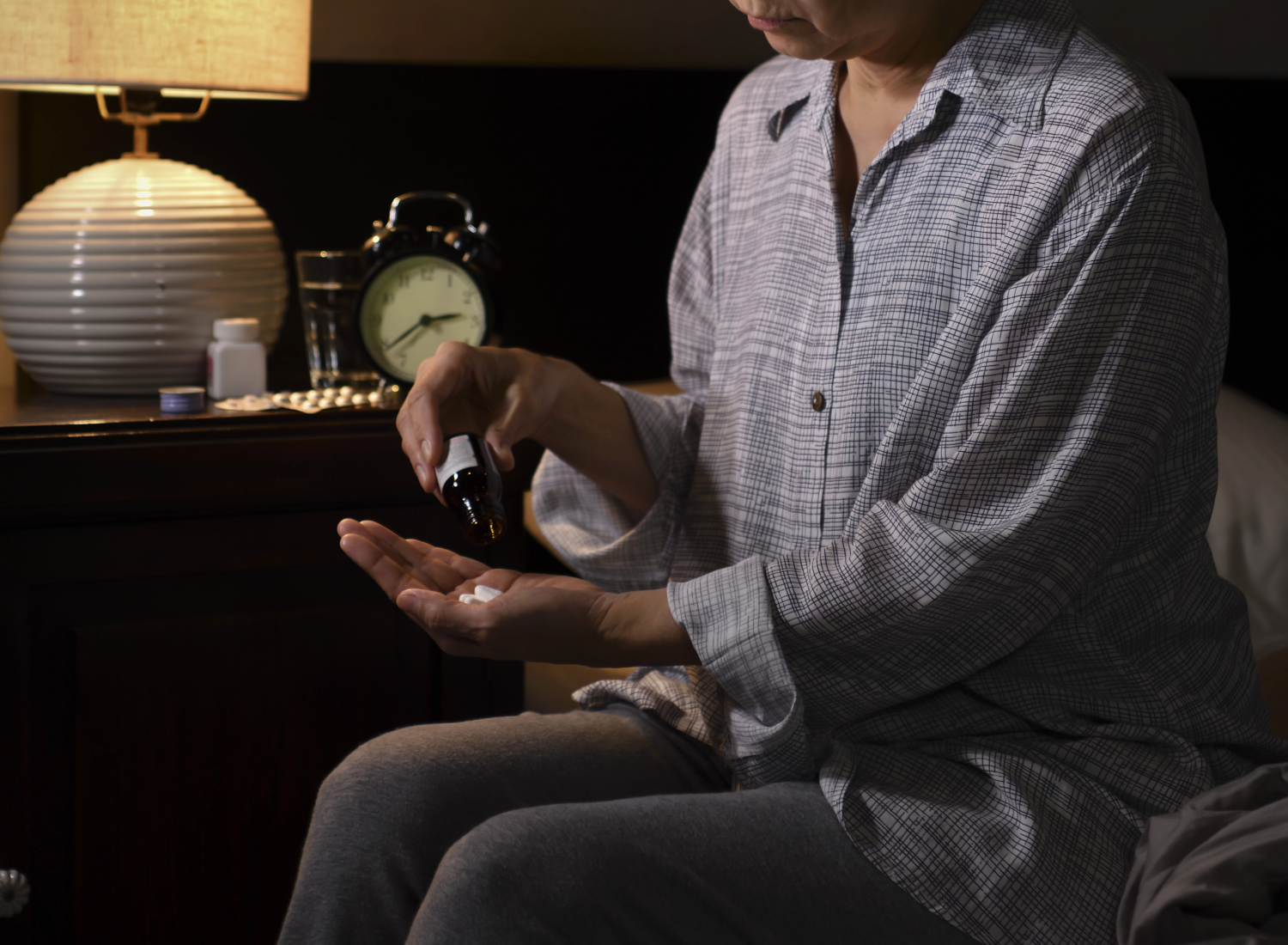For individuals managing high blood pressure, the optimal timing for medication—morning versus bedtime—has long lacked a definitive answer, with large clinical trials providing inconclusive findings. This uncertainty is compounded by theoretical concerns that bedtime dosing might lead to risks like glaucoma-related vision loss or other low blood flow and pressure problems. To address these critical questions, researchers from the BedMed trial (including the CVC’s Finlay McAlister) investigated the effect of bedtime versus morning administration of blood pressure antihypertensive medications on major cardiovascular events and death.
This large, pragmatic randomized clinical trial was conducted across 436 primary care clinics in 5 Canadian provinces. The study enrolled 3,357 adults with hypertension (median age 67) who were taking at least one once-daily antihypertensive medication. Participants were randomly assigned in a 1:1 ratio to take all their once-daily medications either at bedtime or in the morning. Recruitment took place from March 2017 to May 2022, with final follow-up completed in December 2023.
Researchers specifically looked for the first occurrence of death or hospitalization/emergency department visits due to stroke, acute coronary syndrome, or heart failure as the trial’s primary measure. Their analysis revealed that medication timing had no meaningful impact on these critical outcomes; the event rate was virtually identical at 2.3 per 100 patient-years for those taking medication at night and 2.4 for those taking it in the morning.
The BedMed trial demonstrates that for adults with hypertension, the precise timing of once-daily blood pressure medication doesn’t alter cardiovascular risk or benefit, and it doesn’t lead to more adverse events. This conclusion is further supported by the concurrently published BedMed-Frail trial, which examined 776 frail older adults in Canadian continuing care facilities and similarly found no significant difference in major cardiovascular events or death for evening versus morning antihypertensive administration. Therefore, the researchers emphasize that the decision of when to take these vital medications should simply be guided by patient preference and convenience, not a perceived medical advantage of one time over another. Thus, the best time to take your once a day antihypertensives is whatever time of day you’re most likely to remember to take them consistently.




